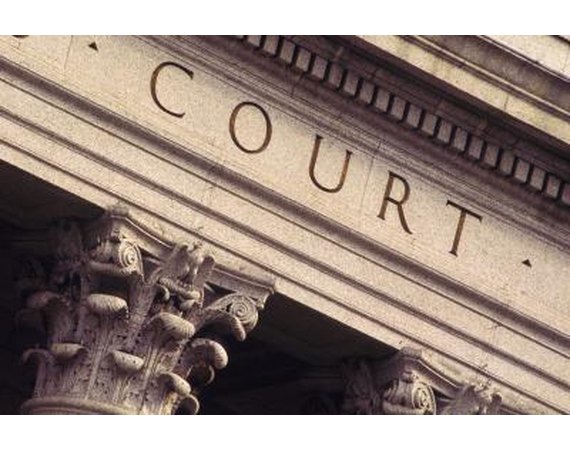
Your credit score determines your interest rate on loans, can affect landing a job, and can limit your apartment options. Before considering a major purchase or move, you should boost your credit score. By following proven tactics, you can boost your credit score within 30 days.
Clean Up Your Credit Report
Incorrect information on your credit report or open accounts with balances due will hold your credit score down. According to the Federal Trade Commission, every consumer in the United States is entitled to one free credit report from each of the three major credit reporting agencies every 12 months. Acquire your free reports and analyze them for mistakes or open accounts. If you find errors in your personal information, or if you see accounts that are not yours, use the dispute instructions on the credit report to request changes. If you see old accounts with balances on them, contact the creditors, make arrangements to pay your account and ask that the payoff be reported to the credit agencies immediately. Once these actions have been taken and finalized, you should see your credit score rise.
Improve Your Bill Paying
According to CNN Money, paying all of your bills on time gives you a great advantage. Late payments are recorded on your credit report and bring your score down. If you can develop the discipline to pay all of your accounts on time for just 30 days, CNN Money estimates your credit score will jump by 20 points. Don't pay less than your minimum payment amount.
Manage Your Credit Accounts
According to online financial resource Bankrate, almost 33 percent of your credit score is based on how well you manage your existing credit accounts. If you close an account, that lowers your available credit and lowers your credit rating. Leave your credit accounts open, but avoid maximizing your balances. CNN Money estimates that holding on to maximum balances on your credit cards can drag your credit score down by as much as 70 points. Keep the balances paid down on your cards, but not paid off. Use your credit cards, but do not maximize them out. Do that for 30 days and your credit score will go up.


























